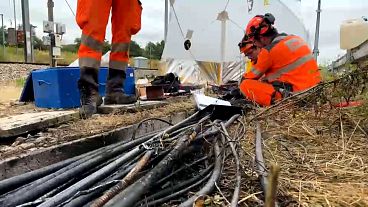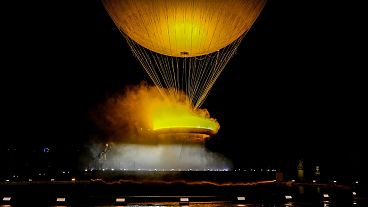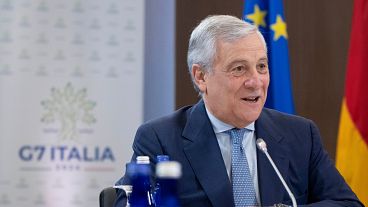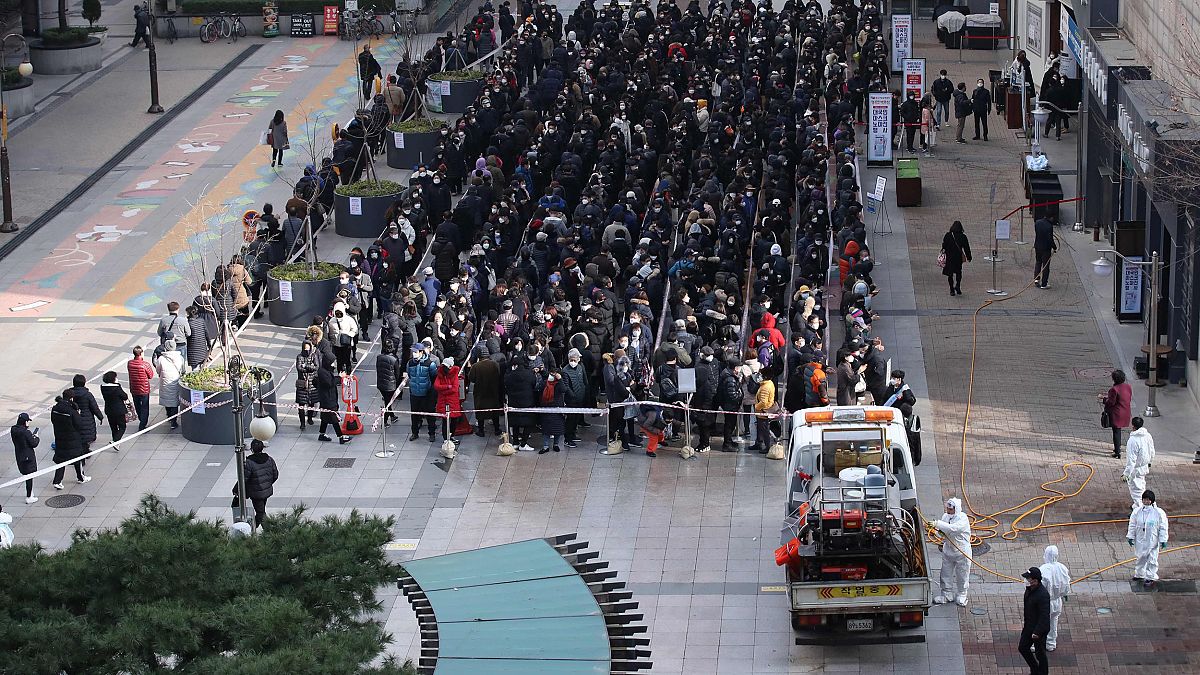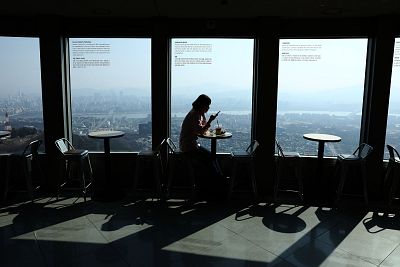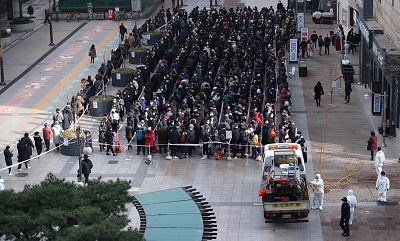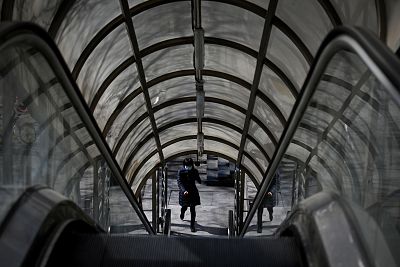An eerie quiet has settled upon normally teeming streets and squares as many residents opt to stay home.
The coronavirus epidemic has had a ripple effect on some of the world's busiest cities, with fears of the highly contagious virus emptying cafes, public squares and streets in China, South Korea, Japan and Italy, among other countries.
The streets of Seoul, the South Korean capital, stood nearly empty this week. Those who do venture out wear masks. The normally busy subways have few passengers and riders make sure to sit far away from one another. Many residents are relying on grocery and restaurant delivery apps.
In Daegu, one of the cities in South Korea hardest hit by the virus, people lined up at pharmacies Tuesday to buy masks distributed by the government.
There have been long lines outside retail stores and online suppliers have sold out as soon as stock arrives. The World Health Organization says only people who are taking care of someone who is ill or those who display respiratory symptoms need to wear masks.
South Korea on Tuesdaysaw its largest daily rise in new cases, bringing the total number of coronavirus cases in the country to more than 5,000, with 31 deaths, according to the Korea Centers for Disease Control and Prevention.
Drive-through virus testing centers are operating, with workers dressed head-to-toe in white protective suits leaning into cars with mouth swabs, a move meant to limit contact with possible carriers of the illness. Troops were also dispatched across the city to spray streets and alleys with disinfectants.
President Moon Jae-in said that the country has declared "war" against the virus and that he was placing all government agencies on a 24-hour full alert.
He also apologized for the shortage of masks, saying that with the increase in patients, there were "practical challenges that cannot keep up with the increased demands."
In Japan, which has seen more than 250 cases — not including the passengers on the Diamond Princess cruise ship — and 12 deaths, TV stations are airing continuous coverage on the virus. In Tokyo, the normally bustling capital, people are still out on the streets, though slightly fewer than usual.
During lunch times, the lines at restaurants and cafes are shorter than normal, and at least half of the people on the streets are wearing masks. Last week, Prime Minister Shinzo Abe requested that schools close.
In China where the epidemic originated, the number of new cases dropped to 125 — the lowest level in weeks. The total number of cases stands at more than 80,000.
Many shops are still closed in Beijing, and residents' temperatures are scanned at regular checkpoints, as well as inside each store. On streets that are normally so crowded that people are forced to brush shoulders, those who are out keep a good distance from one another.
However, as the number of coronavirus cases in China has dropped, the city's cafes are slowly starting to come back to life.
In Milan, Italy's business capital and the center of the country's outbreak, restaurants, bars and train stations are much less crowded than normal. The usually teeming Piazza del Duomo, home to the city's cathedral and lined with shops and bars, was almost empty at points Monday.
Italy is the worst-hit country in Europe, with more than 1,800 cases of coronavirus and 52 deaths, according to the European Centre for Disease Prevention and Control. France, Germany and Spain each have over 100 cases, and the United Kingdom has 40.
Most schools, fitness centers, universities, theaters, cinemas and offices in Milan are closed, and cultural events and conferences have been postponed or canceled.
Alex Shi reported from Beijing, Na Yeong Kim from Seoul, Michele Novaga from Milan, Arata Yamamoto from Tokyo, and Rachel Elbaum from London.

